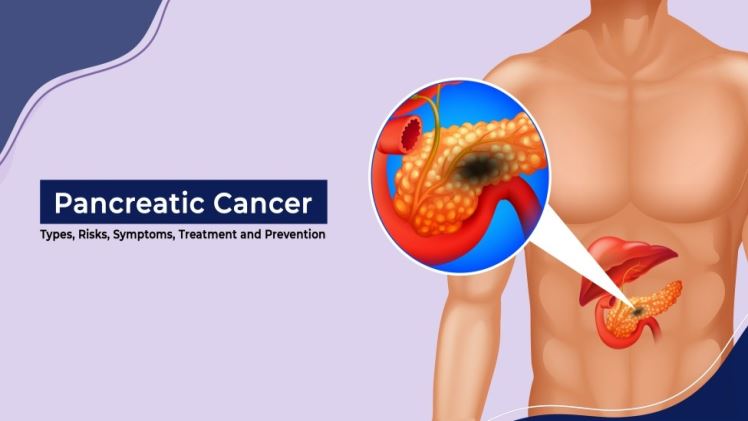Prostate and Pancreatic Cancer Surgery: Vital Facts You Should Know

Prostate or pancreatic cancer treatment in India can be a difficult journey. After all, cancer doesn’t only affect the patient physically. But it is also emotionally draining for patients and their loved ones.
It becomes even more difficult when you need to go for surgery. But you can make things a little lighter with the proper knowledge. Yes, knowing the facts about cancer surgery can help you to make informed decisions.
Both pancreatic and prostate cancer surgery is a significant step in their respective treatments. However, it is extremely important to understand its implications, costs, risks, and benefits.
If, unfortunately, you or any of your loved ones will face this surgery, we are here to help. This blog will address essential facts related to cancer surgery and prostate cancer surgery costs in India. So what are you waiting for? Please scroll down to learn the vital facts about these cancers and their costs.
- Understanding Prostate and Pancreatic Cancer
Prostate cancer primarily affects males and originates in the prostate gland. On the other hand, pancreatic cancer occurs in the pancreas. Let us tell you that the pancreas is an organ responsible for digestion.
It also helps in regulating blood sugar. Both cancers can have profound implications if not treated correctly. It is essential to detect them as early as possible. Timely cancer treatment is always beneficial.
- Types of Surgery
For prostate cancer, the primary surgical option is radical Prostatectomy: This procedure involves removing the entire prostate gland. It also removes the surrounding tissues. It can be performed through open surgery. In some cases, it can also be dealt with minimally invasive techniques like laparoscopic or robotic-assisted surgery.
On the other hand, pancreatic cancer surgeries may include:
- Whipple procedure (Pancreaticoduodenectomy): This complex surgery involves removing the head of the pancreas. It also removes part of the small intestine, gallbladder, and bile ducts. It’s often used for cancers located in the head of the pancreas.
- Distal pancreatectomy: This surgery removes the tail and part of the body of the pancreas. It’s used for tumours located in the body or tail of the pancreas.
- Risks and side effects:
Both prostate and pancreatic cancer surgeries carry risks and potential side effects:
Prostate cancer surgery side effects:
- Incontinence: In some cases, it can lead to temporary or permanent urinary incontinence. It generally occurs due to damage to urinary sphincters or nerves that control bladder function.
- Erectile dysfunction: This surgery may affect erectile function due to nerve damage. However, advanced techniques have minimized this risk.
Pancreatic Cancer Surgery side effects:
- Pancreatic fistula: In some cases, it can lead to leakage of pancreatic juices. It can also lead to complications like infections or abscesses.
- Digestive problems: This surgery may affect digestion. It can lead to changes in appetite and weight loss.
Moreover, it would help if you got pancreatic cancer treatment in India from a trusted doctor.
Preparing for surgery:
When you go for surgery, you should be well prepared. Go through these things:
- Consultation: You should have detailed discussions with your healthcare team. Try to understand the procedure, potential risks, and expected outcomes. Also, feel free to ask questions and address related concerns.
- Physical preparation: Next, you should follow the pre-surgery instructions provided by your healthcare team. Any carelessness in this can lead to severe problems.
- Emotional support: The journey can be challenging. It is advised that emotional support from loved ones be sought before the surgery.
Final words
Both prostate and pancreatic cancer surgeries are crucial in their respective treatments. Keep the things mentioned above in mind. They will help the patient go through a smooth and hassle-free prostate and pancreatic cancer treatment in India. Lastly, don’t forget to support your loved one who is going through such difficult times.





